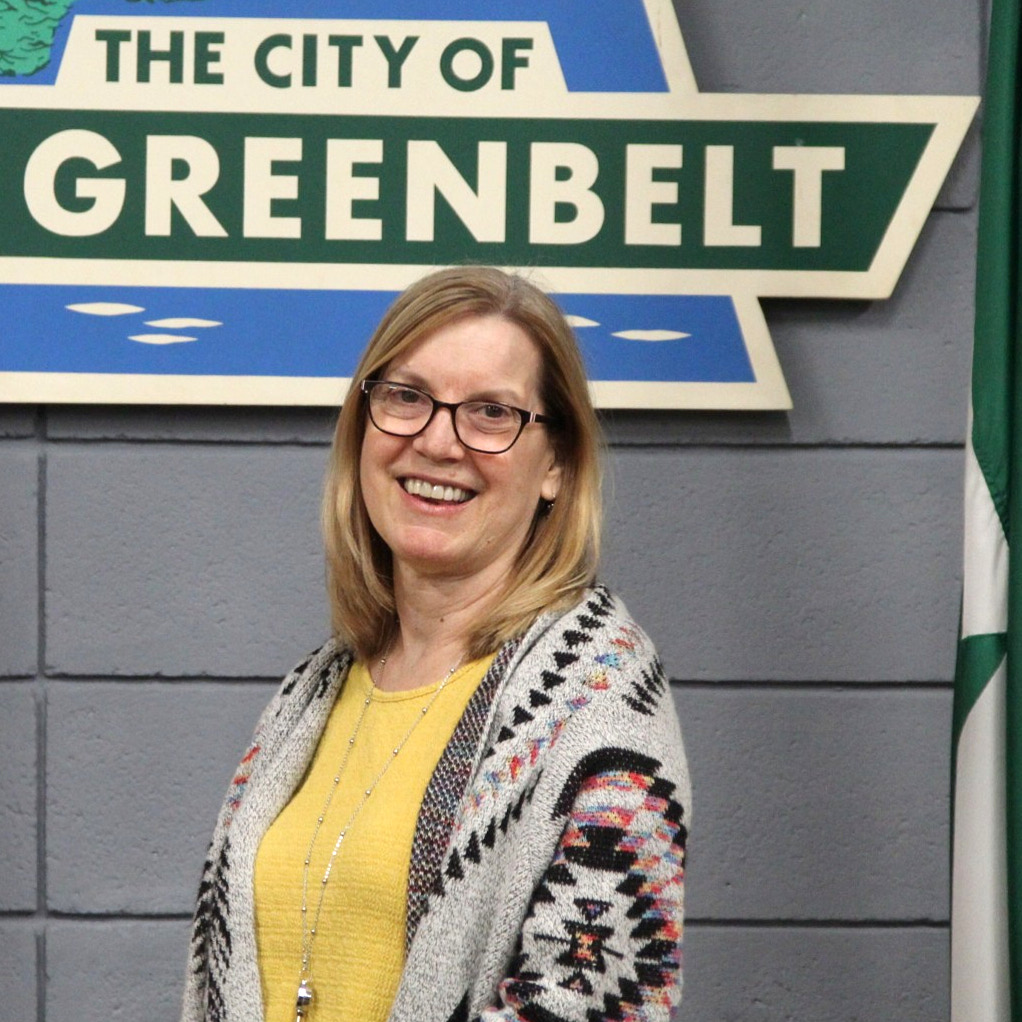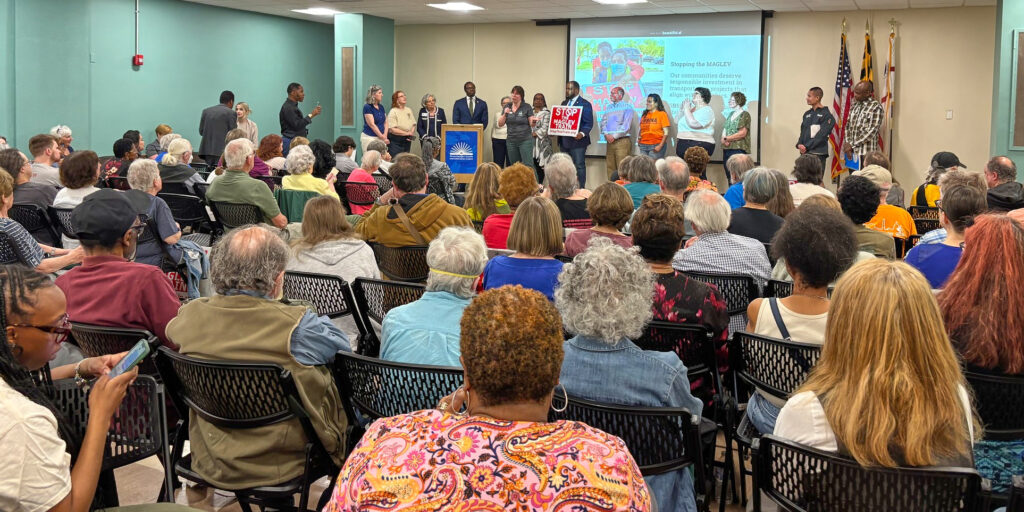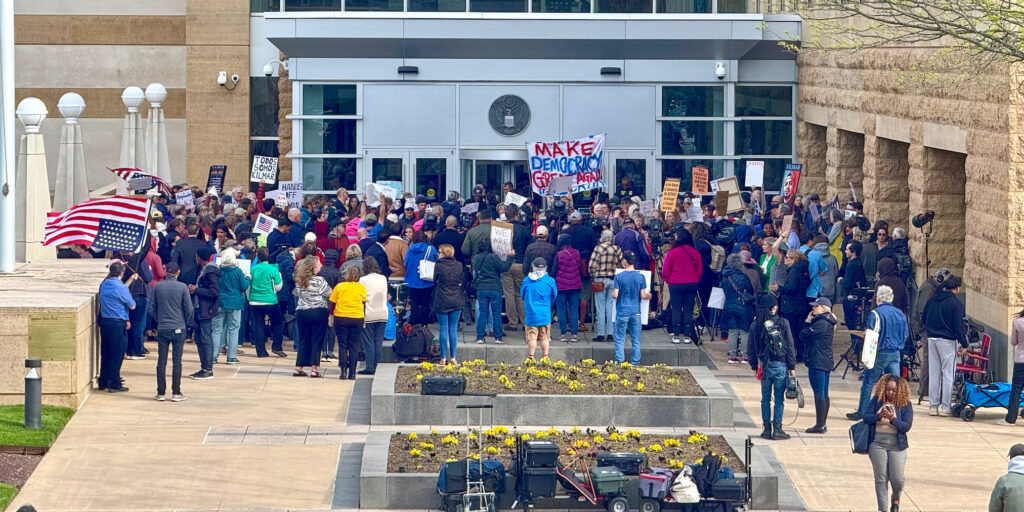Dr. Liz Park has long worked to keep young people in Greenbelt from entering the juvenile justice system. Now, she’s helping the state figure out how to do the same.
Working as the director of Greenbelt CARES for over two decades, Park has led community-based efforts to help support adolescents and families in need. In December 2024, Park was appointed to a two-year term on Maryland’s Commission on Juvenile Justice Reform and Emerging Best Practices, where she’ll help shape statewide policies aimed at prevention, rehabilitation and equity.
Park’s Appointment
The commission was established by the Maryland General Assembly as a follow-up to an earlier working group on juvenile justice reform. The newly formed commission aims to assess the state of juvenile services, identify current issues and recommend best practices for the future.
The legislation that created the commission required representation from a range of stakeholders involved in juvenile justice, such as the judiciary, law enforcement, public de-fenders and youth service bureaus – which is where Park comes in. In addition to leading Greenbelt CARES, Park also co-chairs the Maryland Association of Youth Service Bureaus, making her a natural fit to represent that group on the commission. “That’s how I got selected,” she said.
At Greenbelt CARES, Park oversees programs aimed at preventing juvenile delinquency and diverting young people who have already had contact with the justice system. The organization offers free counseling, parenting and anger management classes, GED preparation, tutoring and job-readiness programs – all designed to support families holistically.
The Whole Person
“We’ve worked hard to create an environment where we try to look at the whole person,” said Park. For example, if a family comes to CARES with a child who’s been in trouble but is also facing challenges like unpaid electric bills or food insecurity, Park said the team takes an eco-systemic approach. “How do we address all the needs of that family?” is the question she said they try to ask.
Her work on the commission reflects that same wraparound approach. Park is serving on two work groups within the commission – one focused on system processes within the Department of Juvenile Services and another on rehabilitative services. With the rehabilitative services group, Park said that they’ve been working on hearing from different pro-grams and existing resources throughout the state and collecting information. “How are [the programs] working and how can we better connect young people and families to those resources so that they don’t go further into the system?”
Treatment of Girls
One area under review by the commission is the treatment and programming of girls in the juvenile justice system. Park noted that most facilities and protocols were originally designed with boys in mind, resulting in gaps in care for girls. “There are so many unique experiences that separate girls,” she said, pointing to inequities in how resources are allocated to the facilities where girls are housed. “Do they need a different type of treatment than boys?” Park asked. That’s one of the questions she hopes to help answer during her two-year term.
Equity Focus
Throughout her career, Park has remained focused on equity – and that’s her biggest goal for her next two years with the commission. “How do we equalize this system and make it more equitable?” she asked. According to Park, young people of color are 90 percent more likely to be involved in the juvenile justice system than white youth and receive harsher sentences for the same offense.
Park wants the justice system to do what it’s meant to do: “to offer reform – not just to incarcerate and further traumatize a young person,” she said.
Recommendations
By the end of Park’s term, the Commission is expected to produce a final report with recommendations for the Maryland General Assembly. While the legislature will ultimately decide what to implement, Park has trust that the diverse representation on the commission will help turn the proposals into real change.
Park hopes the community-focused model she has implemented through her work with Greenbelt CARES will help to inform the commission – and subsequently the state. “We have to help the whole family, help the community and not just provide a direct service to one person,” she said. After decades of serving her local community, she believes that what’s worked in Greenbelt can work for youth and families across Maryland as well.
Diya Shah is a student at the Philip Merrill College of Journalism interning with the Greenbelt News Review.




